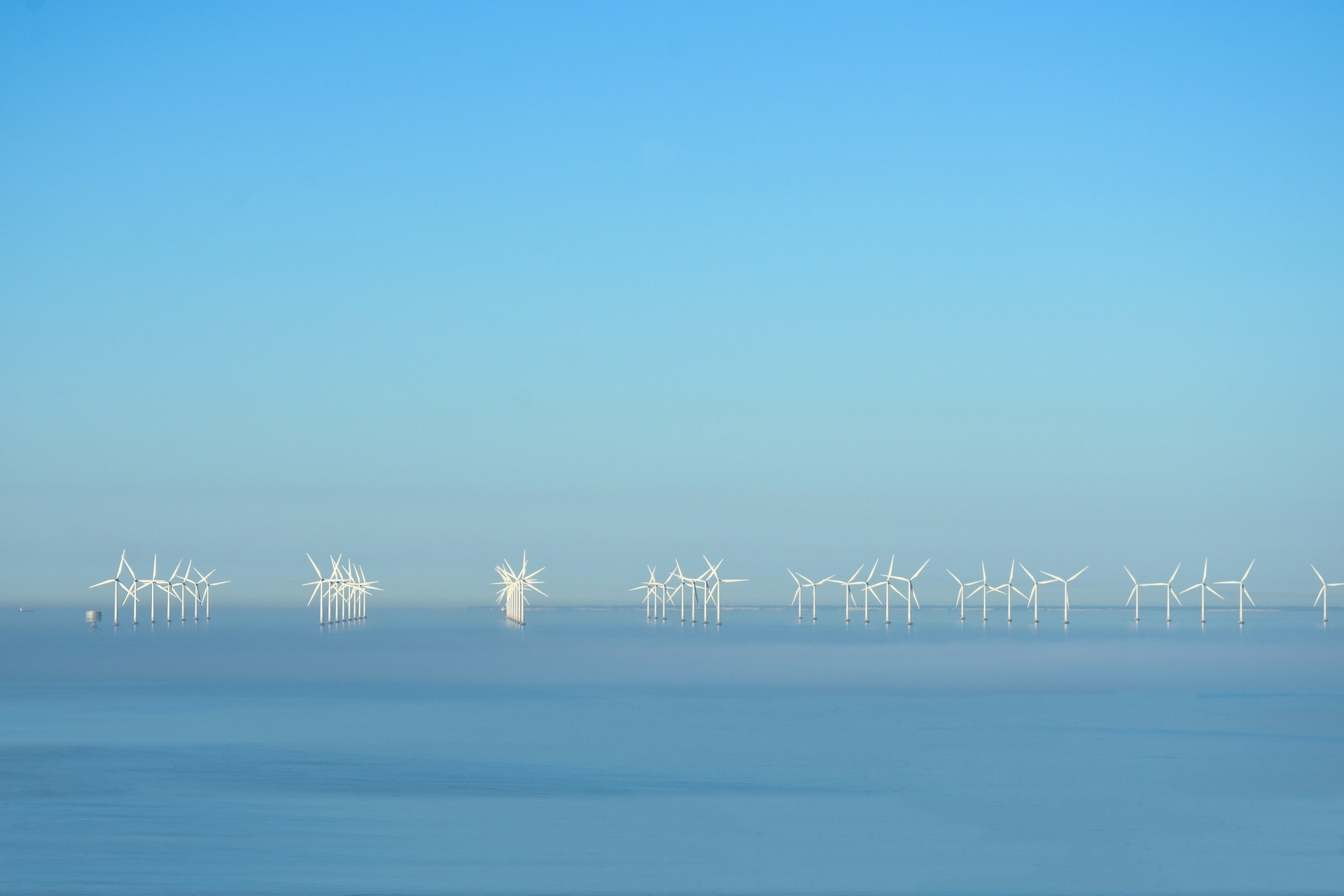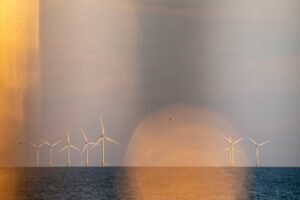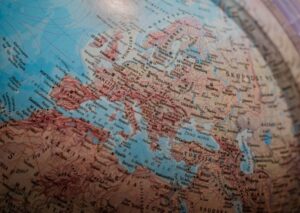It didn’t happen what it was supposed to: since 2023, climate change has gone from a solid scientific finding-which some could nevertheless play deny with the public-to a dramatic direct experience in the daily lives of many, everywhere, incontrovertibly. But an adequate response is still slow to take shape.
In this globally worrying picture, the danger emerges ominously in our region as well. While the waters of our sea are the fastest warming in the world, the region as a whole has the second fastest rate of warming progression. Indeed, the average temperature in the Mediterranean compared to the pre-industrial era has increased by 1.5°C, and warming is proceeding 20 percent faster than the global average. A figure, this, that if not countered by mitigation actions could lead some areas to record increases of up to 2.2°C in 2040, and 3.8°C in 2100, with catastrophic consequences for a Mediterranean population that has grown exponentially in the meantime.
There will be destabilizing impacts. For example, it is predicted that our sea level could rise by 20 cm by 2050, which may seem small but would salinize the Nile delta, disrupting the livelihoods of millions of people; or an increase in the water-exposed population to 250 million. We must prepare for these and many other consequences. But to merely take the measure of such direct impacts is to fail to understand that a crucial stake is at stake: the identity and unity of Europe and a constructive relationship within the most natural sphere of internationalization of the Italian economy, the southern shore and beyond it Africa.
Looking at the planisphere, one realizes that the idea of Europe-as a continent in its own right-is an anomaly. Using the continent-demarcation criteria applied for all others, we should not exist: we are just a small appendage of Asia. Yet, we continue to feel like a separate continent, indeed perhaps-with that bit of conceit once called Eurocentrism-we feel like THE continent, the “old” continent! What sets us apart? A certain cultural, even physiognomic unity, a sense of community in diversity. Few question the roots of these uniquenesses that are not based in the ‘isolation of one’s territory, but some have: beginning with Montesquieu who saw European identity as a product of the climatic exception that has blessed Europe since the end of the last ice age, some 10,000 years ago.
If Montesquieu was right – and by contemporary criteria we can confirm that he was right – it means that the climate of Europe has played a decisive role in shaping our identity and defining our interests. The same applies to the southern shore of the Mediterranean, which, with its own marked identity dynamics is Africa without really being so. The southern shore of the Mediterranean also benefited from its own favorable climatic exceptionality that helped distinguish its identity from the rest of Africa. These two favorable exceptions were interconnected by the stabilizing action of the sea that we share, and they created the conditions for the agricultural revolution: the major social structuring from which the human organization into cultivated countryside and urban centers that is still ours began. It happened mostly around the Mediterranean – between Europe, Anatolia, Phoenicia – because a stable and predictable climate is essential for planning crops. However, this climate is changing. The stabilizing inertia of a vast body of water such as the Mediterranean no longer works if its waters store and release increasing doses of energy into the system that turns into chaos. This is not just a matter of winds and rains or even doctrinally anthropological: it is about economics, trade, and geopolitics. The deep foundations of our balances become unstable, and a destructive escalation of conflict is looming if we place ourselves in increasing competition in the face of new scarcities and uncertainties. This is a scenario that no one can afford. An impoverished and destabilized Mediterranean – well beyond regional concerns – is a global threat as three continents with all their interests converge there.
But if we look at all of this objectively, we find that the changing climate compels us to work together and can thus be turned into an unprecedented opportunity for just and sustainable growth and thus peace. Here in the high-risk Mediterranean, we are probably experimenting with the comprehensive approach to winning the climate battle: a simple recipe, together we can. Until now, the extreme diversity around our sea has led to fragmentation and too often to misunderstanding. But this diversity can turn into complementarity, a wealth of knowledge and resources so diverse that it is enough to mitigate and adapt for the benefit of all.
While the European Union wants to decarbonize, south of the shared sea there is huge solar potential, for example. In the North we need it; but even in the South, if its exploitation were only local there would not be enough market to finance its proper development. North of the Mediterranean is seeing accelerating desertification, but the phytogenetic resources-the plants and crops traditionally adapted to drier climates-and the millennia of experience on how to exploit them currently belong to the South. Will each of us keep what we have for ourselves? The climate challenge shows us that the path of constructive integration is the only one possible. Essential – but perhaps not intuitive in the uncertainty that awaits us and would instead presage renunciations – is, however, to understand that the opportunity for a new cycle of sustained-and finally balanced-economic expansion, because all participate for the benefit of all, and not renunciations, ensues. An expansion that, paradoxically, while we are trying to deal with climate gives us peace in a region where inequality has been a driver of conflict for millennia.
This article was originally published in the newsletter Net-Zero Makers, Issue #5 on 17 December 2024.
Photo by Brigitta Schneiter






